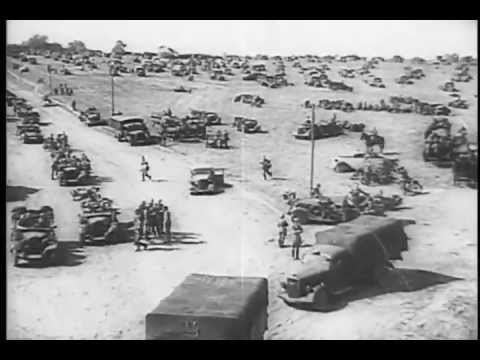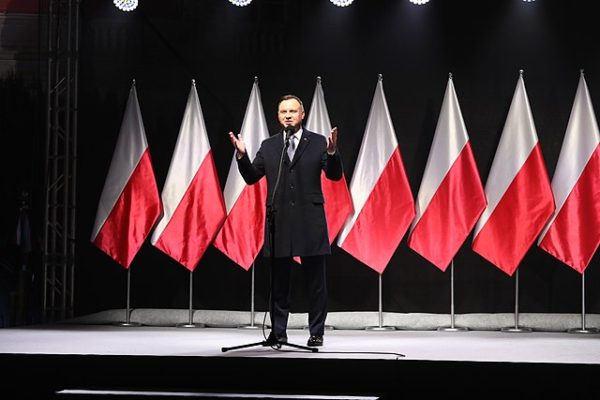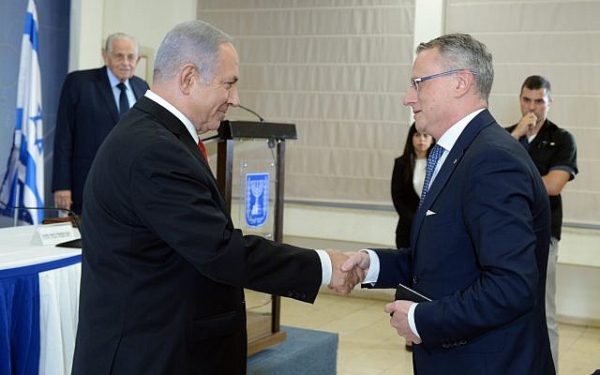I stand corrected.
In a recent piece, I used the phrase “Polish complicity” to describe the antisemitic crimes that some Poles committed during the Holocaust in Nazi-occupied Poland.
As Poland’s ambassador to Israel, Marek Magierowski, correctly pointed out in an interview with the Times of Israel on February 11, the words “Polish complicity” imply that Poland itself was responsible for atrocities against Polish Jews.

Magierowski rightly added that this phrase “insinuates that Poland was consciously and willingly collaborating with Germany in the extermination” of Jews.
Which is patently false, of course.
I should have written that an assortment of individual Poles were complicit in the murder of Polish Jews during the 1939-1945 German occupation of Poland.

This is precisely what Magierowski said when he was interviewed.
As he put it, “And yes, some of my fellow countrymen committed abominable crimes against their Jewish brethren — before, during and after the war. I have no reservation in saying that they were Poles. Not ‘bandits,’ not ‘criminals,’ not ‘non-Jewish neighbors.’ No need to conceal their nationality. They were Polish, they spoke Polish, they were born in Poland.”
Having made these forthright remarks, Magierowski was true to his belief in saying that there is a “moral obligation to tell the whole truth.”
In setting the historic record straight, Polish Christians and Polish Jews should acknowledge certain incontrovertible truths.
Poland was invaded and occupied not only by Germany but by the Soviet Union. With its invasion of the Soviet Union in 1941, Germany abandoned its entente with the Soviets, seized control of eastern Poland, and imposed a reign of terror in the entire country.
Patriotic Poles established a government-in-exile in London and worked in league with the Allies to defeat Germany and rid its soil of German occupiers.
In Poland, the Home Army — the largest underground resistance movement in Nazi-occupied Europe — fought the Germans, along with other groups, and conveyed valuable information to Allied governments regarding the unfolding Holocaust.
During the Nazi interregnum, three million Polish Jews perished and about an equal number of Polish Christians died or were killed.
By all accounts, the vast majority of Poles kept a low profile as the Nazis went about the business of implementing their genocidal project in Poland. It might be said that many Poles were indifferent to Jewish suffering. After all, antisemitism was a deeply-rooted phenomenon in pre-war Polish society. Most Poles did not go out of their way to help Jews, knowing full well they could be summarily executed if caught by the Germans. Let’s not forget that Poland was the only nation occupied by Germany where good samaritans were subjected to the death penalty.
A minority of Poles, including those who belonged to the Blue police force, could be classified as collaborators. They betrayed, hunted down and murdered Jews out of greed, conviction or hatred.
Nearly 7,0000 Poles were recognized by Yad Vashem — the Holocaust memorial and education center in Jerusalem — as Righteous Among the Nation, the highest number among any country. By some estimates, upwards of 100,000 Poles risked their lives to help Jews in their darkest hour.
And lest it be forgotten, as many as 2,000 Jews were murdered by Poles in the aftermath of the war.

Citing a speech by Polish President Andrzej Duda, Magierowski correctly noted that Polish citizens killed 42 Polish Jews in the Kielce pogrom in 1946, an event that prompted the departure of tens of thousands of Jews from Poland.
As Magierowski has suggested, Poles should courageously face up to unpalatable aspects of Poland’s history in the 20th century. They can be proud of its valorous and triumphant moments, but they must avoid the temptation to sweep ugly, unpleasant and incriminating facets under the rug.
To repeat, Poles have a “moral obligation to tell the whole truth” about the Holocaust in their quest for historical justice.

